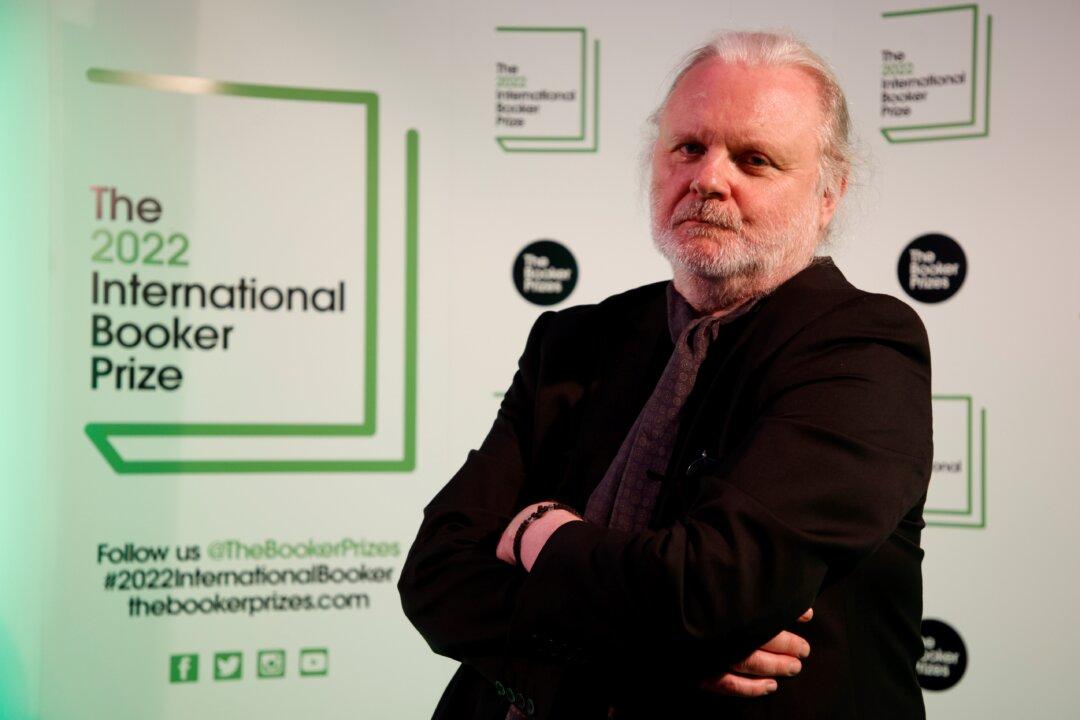STOCKHOLM—Jon Fosse, a master of spare Nordic literature in a sprawling body of work ranging from plays to novels and children’s books, won the Nobel Prize in literature on Thursday for works that “give voice to the unsayable.”
Anders Olsson, chairman of the Nobel literature committee, said Mr. Fosse’s work is rooted “in the language and nature of his Norwegian background.”





